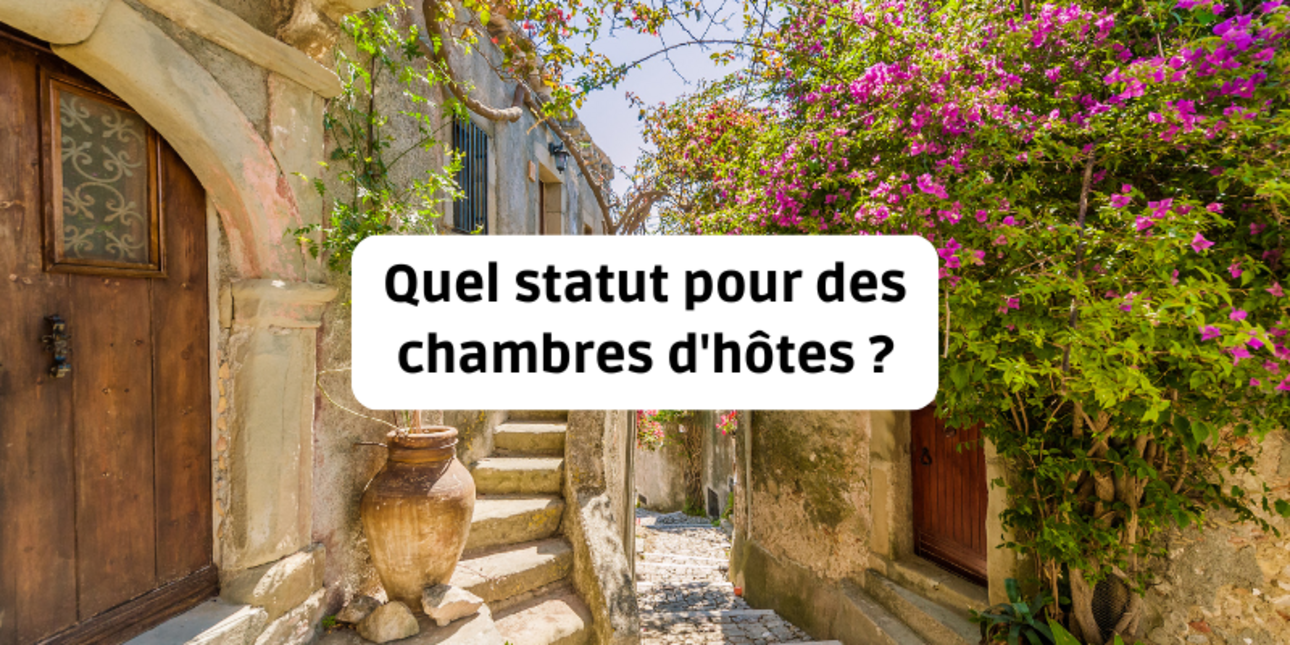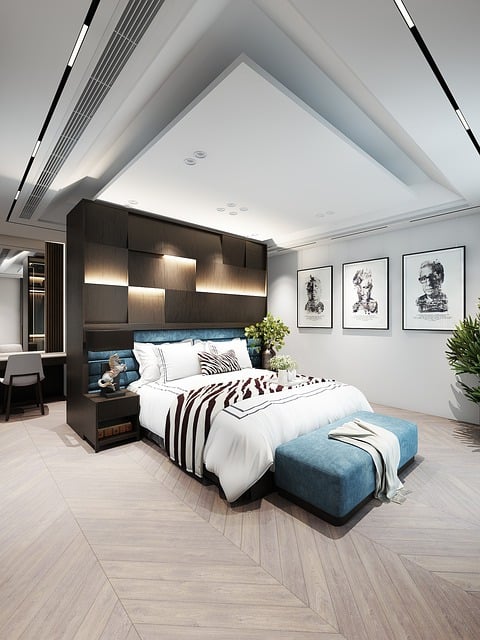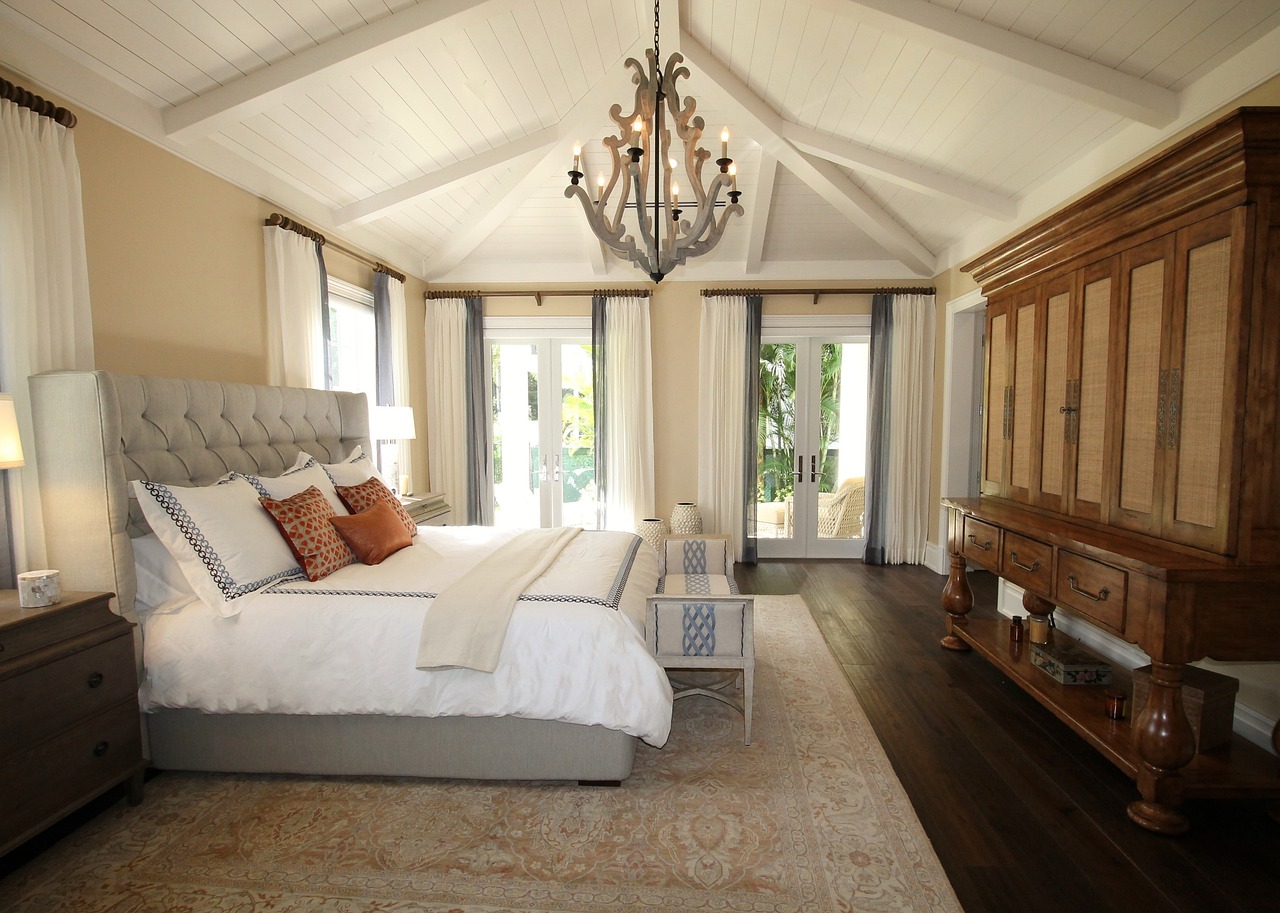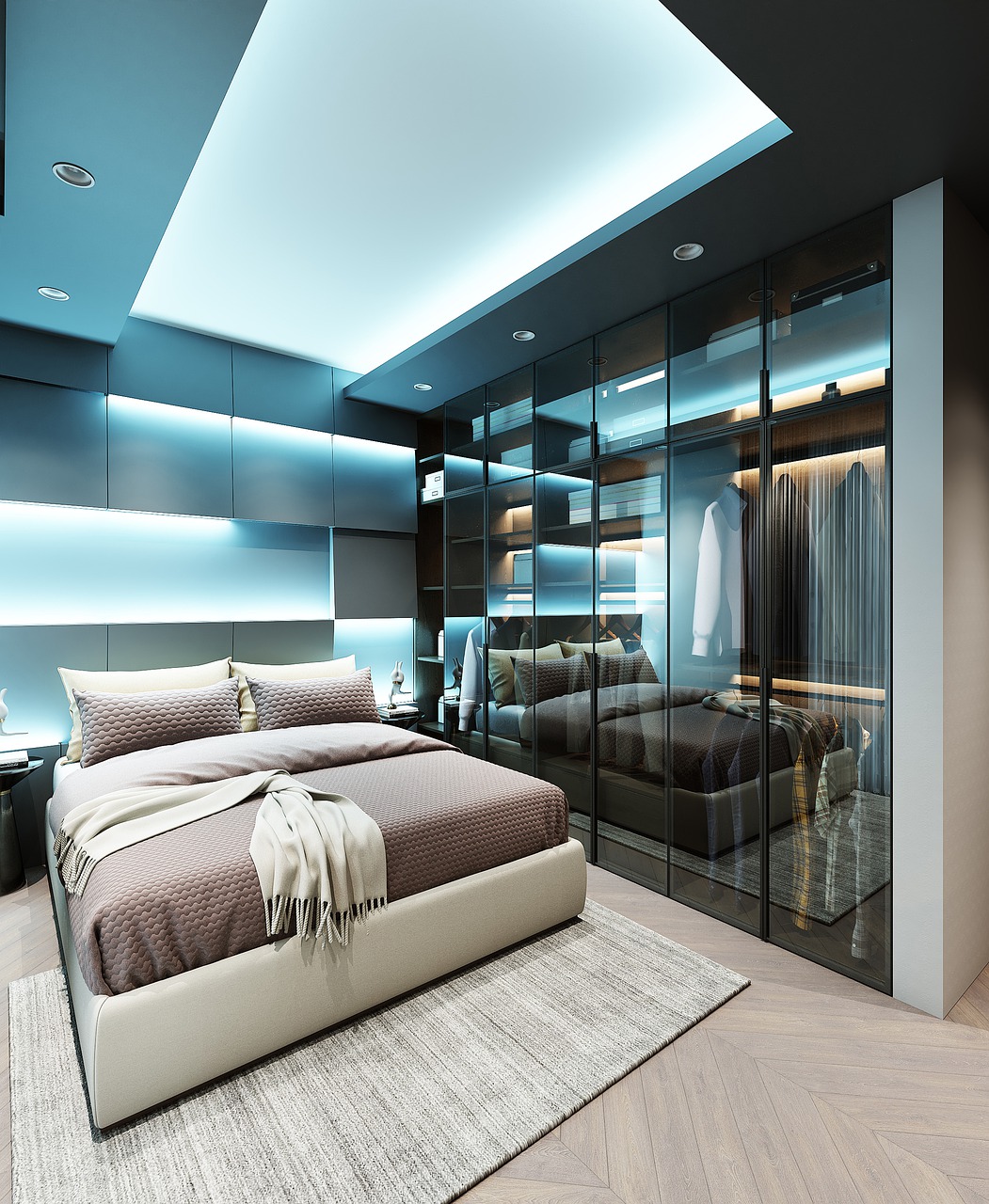
Open bed and breakfast, or a gîte, is an attractive proposition for many homeowners who want to create a business that adds value to their home and welcomes travellers. Choosing the right legal form for this activity is essential to comply with regulations and optimise management. A practical guide for B&B owners is to understand the conditions and obligations specific to their legal and tax system. In this article, we look at the different options available to owners wishing to become B&B owners.
A bed and breakfast is tourist accommodation in a private home, consisting of the rental of a furnished room and the provision of breakfast. The owner welcomes travellers into his or her main residence or the immediate vicinity, for one or more nights. This may have to be declared to the local council, depending on the business name used for the activity.
The law strictly regulates the bed and breakfast business:
Micro-entrepreneur (ex-auto-entrepreneur) status is often chosen to start a small-scale bed and breakfast business. This status, although advantageous in terms of administrative simplicity, imposes a turnover ceiling and social security charges calculated on turnover, with no distinction between actual profits and gross income.
Advantages :
Disadvantages:
Sole proprietorship is suitable for owners who want more flexibility than micro-entrepreneur status. There is no upper limit on turnover and charges are calculated on actual profits, but it does require registration in the Trade and Companies Register. The sole trader has no separation between his own assets and those of the business, which can present a risk in the event of financial difficulties.
Advantages :
Disadvantages:
Setting up a company, such as a SASU or SCI, is suitable for larger-scale projects or those involving several partners. A company protects the personal assets of the operator(s), with liability limited to the amount of capital contributed. Although this structure is more complex to manage, it can also be a guarantee of credibility and increased profitability.
Advantages :
Disadvantages :
The choice of tax regime depends on legal status and turnover:
Bed and breakfast owners are generally affiliated to the Social Regime for the Self-Employed (SSI). Contributions vary depending on the status of the business and the income generated. For sole traders, membership of the SSI is compulsory, and contributions are calculated on the basis of profits made.
VAT applies above a certain turnover threshold, except for micro-entrepreneurs, who are exempt. The rate of VAT applicable depends on the nature of the services offered, particularly if other services such as a restaurant or renovation work are offered in addition.
Training in the hospitality and tourism professions enables you to improve the quality of your service and the management of your business.  To run a bed and breakfast business effectively, it is crucial to follow the key stages of opening the business, such as registering, declaring the business to the local council and obtaining the necessary registration numbers.
To run a bed and breakfast business effectively, it is crucial to follow the key stages of opening the business, such as registering, declaring the business to the local council and obtaining the necessary registration numbers.
Obtaining a label (Gîtes de France, Clévacances, etc.) or an official classification can increase the visibility and credibility of your offer. This process often involves making a declaration to the relevant bodies and complying with specific criteria in terms of comfort, safety and services offered.
Offering additional services (table d'hôtes, activities, wellbeing) can increase the attractiveness of the property and boost income. This type of diversification can also have tax and legal implications, depending on the services offered.
The use of online booking platforms and social networks has become essential for promoting your business. It is essential to adopt an effective digital strategy to reach tourists and stay competitive.
Travellers are increasingly aware of the importance of eco-responsibility. Adapting your offer in this way can be a competitive advantage. The development plan must include sustainable and ethical practices to meet this growing demand.
Customers are looking for unique and personalised holidays. Highlighting the authenticity and local character of your accommodation is a plus, particularly to attract a public looking for an immersive experience.
The choice of status for chambres d'hôtes depends on a number of factors: the scale of the project, personal objectives, financial situation, etc. It's crucial to be well informed and, if necessary, to seek professional help to make the best decision. Whether you opt for a micro-business, a sole proprietorship or a company, each option has its own legal, tax and administrative implications.
Finally, don't forget the importance of registering your business with the local council, rigorously managing your customer register and ensuring that your business is properly registered. Bed and breakfast offers a unique opportunity to create a welcoming and profitable business, provided you choose your status carefully and follow the legal and tax conditions in force.
1. How profitable is a bed and breakfast?
2. Formalities for opening guest rooms
3. How do you set up a guest house?
4. What budget do you need to open a bed and breakfast?
5. Taxation of bed and breakfast establishments
6. What licence is required for a chambre d'hôte?
7. What services are available for chambres d'hôtes?
8. How do I choose a bed and breakfast platform?
9. Bed and breakfast labels
10. Operating guest rooms as a company
11. Furnishing and decorating a guest room
12. Classification of guest rooms
13. What is the ideal number of rooms for a bed and breakfast business?
14. Is it profitable to offer table d'hôte as well as chambres d'hôtes?
15. How do you communicate effectively for a bed and breakfast?